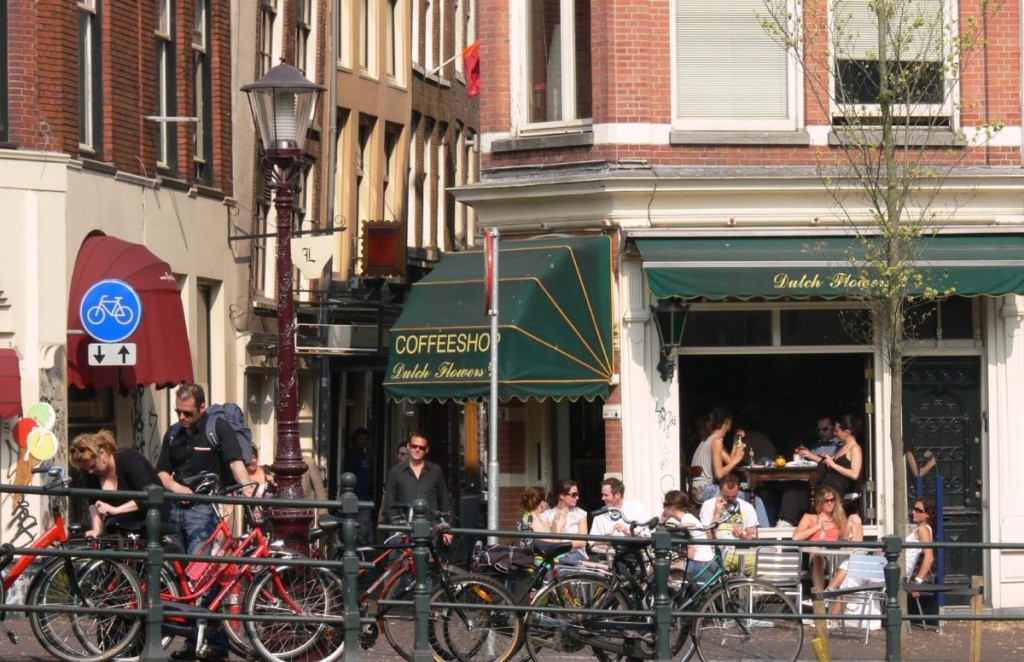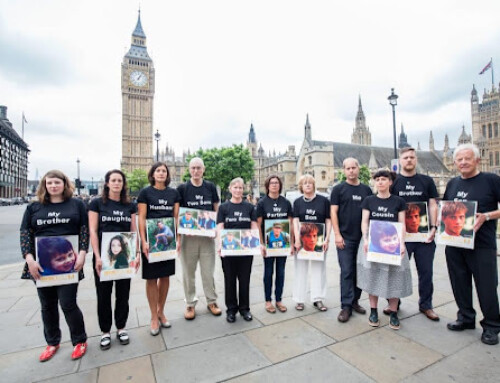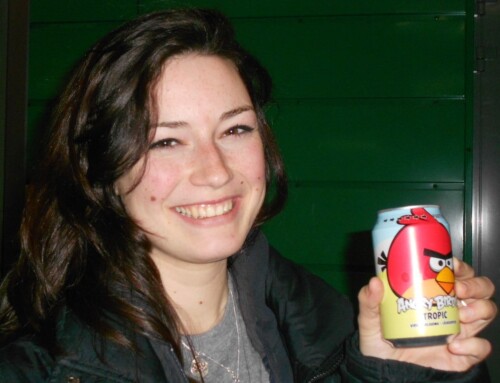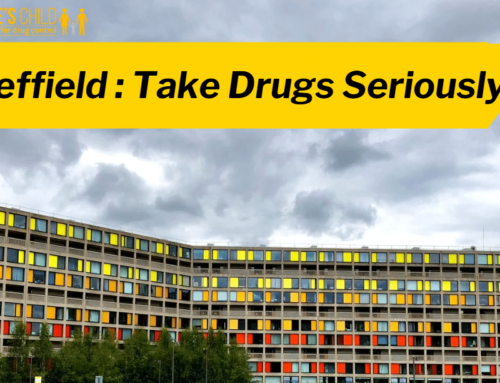This article was originally published on the Transform Drug Policy Foundation blog
You don’t need a PhD in the history of alcohol Prohibition to realise that banning drugs doesn’t have a great record. So when we warned the government banning ‘Spice’ (now a catch-all for ‘synthetic cannabinoids’) and other so-called ‘legal highs’, would gift the market to criminals, make drugs stronger and more dangerous, and harm not protect people, it was we thought, stating the obvious. Especially as we saw precisely that happen in Ireland and Poland after similar bans.
Pictured – 30g compressed block of ‘Spice’ worth thousands of pounds, seized from a prisoner
And the ‘Psychoactive Substances Act’ has done all those things – just look at places like Wrexham and Manchester where the homeless are suffering in particular – as well as the crisis in our prisons. The comparatively weaker ‘Spice’ variants have vanished from the market, leaving only those far more potent and toxic than cannabis, widely associated with dependence, seizures and death. Recently, this reached a new high with pure Spice crystals found in Manchester poisoning people who mistook them for MDMA. And prices may have gone up, but not enough to prevent ‘Spice’ being widely available and used.
So I feel genuine anger when I hear politicians say the ban was a success because use fell initially, and it ended highstreet sales. But that is exactly the line in the new UK Drug Strategy.
Worse still, rather than admit their mistake, the government’s response has left me feeling like I’ve woken up as Bill Murray in Groundhog Day. (As an aside, Murray has said: “People are realizing that the war on drugs is a failure, that the amount of money spent, you could have bought all the drugs rather than create this army of people and incarcerated people.”)
Mrs May and friends have decided to double-down on their error by undermining the one good aspect of the Psychoactive Substances Act – namely that it didn’t criminalise possession for personal use of the drugs it covers. They have now listed many ‘Spice’ type drugs under the Misuse of Drugs Act, so possession is now an offence. And criminalisation means (as we know from long experience with other illegal drugs) yet more stigmatisation driving people further from help.
So, aside from adding another layer to UK drug prohibition further fueling corruption, mass incarceration, alienation, stigmatisation, and record levels of drug related deaths, (all without deterring use) the blanket ban is going brilliantly!
There has recently been an increase in the number of people using Spice in Bristol, and the death of a local man, ‘Punky Paul’, has sparked many to call for the legalisation of drugs.
So what should we do instead?
In the UK, now demand has been established – and a criminal market to meet that demand created by the ban – politicians (including on the Labour side) have to deal with the new reality they have created. And decades of failing to eradicate illegal drug markets show more prohibition will not be the answer. So what is?
- Legalise and regulate cannabis
In the Netherlands, where cannabis is available from ‘coffee shops’, the market for ‘Spice’ type synthetic cannabinoids is virtually non-existent. Because people prefer to use the real thing. Making cannabis legally available in the UK (as is rapidly happening worldwide) would help prevent the next generation of ‘Spice’ users, and nudge some existing users towards what is a safer drug. Reducing the market in this way would also reduce the incentive for illicit chemists to develop new versions of ‘Spice’.
- Help problematic ‘Spice’ users
Allowing the regulated supply of less harmful synthetic cannabinoids (as well as cannabis) could steer some existing users away from more harmful kinds. But in addition, to radically reduce the health and social impacts of use among prisoners and the homeless who are dependent on ‘Spice’ (and often other drugs as well) we must provide harm reduction, treatment, and wrap around support. In short, we must care for, not criminalise them. This group have really challenging personal circumstances, moving between prison and the street regularly, and for them there are no quick fixes. ‘Spice’ provides a cheap form of escape, but ultimately it is the issues that drove them there that need to be addressed if we are to help.
The government is reviewing the Ban and has a new Drug Strategy
Hoorah…No. Don’t cheer yet. Yes, the government is currently reviewing the impact of the ban, (as is required for all new Acts) with a view to reporting on it in 2018. But we have very little faith they will do so properly. We have asked exactly what they are looking at – but so far they won’t tell us in detail. So I predict they will cherry-pick ‘good’ outcomes for the press release, and say they are encouraging new initiatives (that are the responsibility of local government or police) to deal with the bad outcomes. And then wash their hands of the mess.
And that is actually the story across their whole approach to drugs – just look at the absence of anything substantially ‘new’ in the ‘refreshed’ Drug Strategy. But this is not a case of Einstein’s definition of madness – repeating the same thing again and again, expecting different results. No one expects different results. Especially not the government, whose primary goal is to appeal to those seeking simplistic, populist solutions, and at the same time to appear tough. But they know more young, poor and vulnerable people will suffer and die because they won’t change direction. And that is unforgivable.
Please join us and help stop them getting away with it. Sign up to our Newsletter – a donation from you will help us hold the government to account and enable us to apply more pressure on them to change direction.





Legalize cannabis, and marijuana, and good ganja.